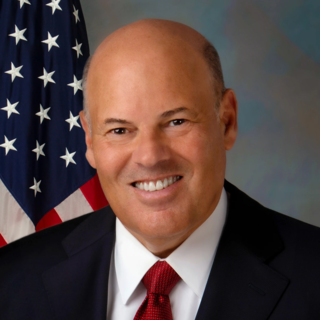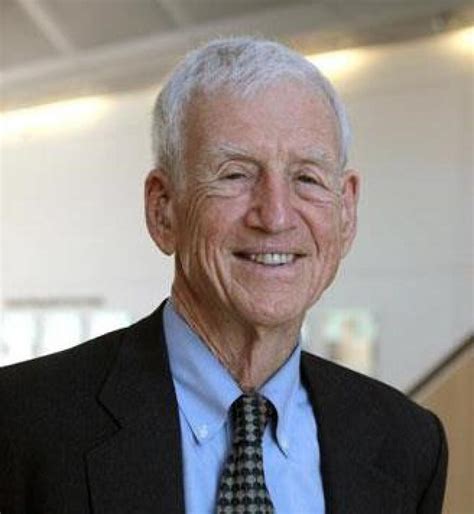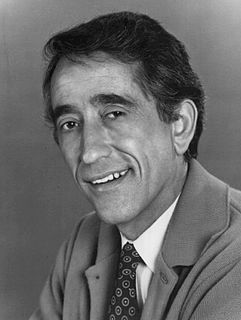A Quote by Kevin Maney
If you spot a market where the only choices are at either one end or the other - high fidelity or high convenience - there's probably a big opportunity at the other end. That was the opening for Federal Express, for instance. When it started, there was only one mail service in America - the US Postal Service, which was high convenience. Fred Smith created a high-fidelity mail service.
Related Quotes
High fidelity is a rich experience, and you'll put up with terrible convenience to get it - maybe it's high cost, waiting in line, jumping through hoops. High convenience is the opposite - it's a commodity, but it's cheap and easy and ubiquitous. A great exclusive boutique shop is high fidelity; Wal-Mart is high convenience. Both are hard to establish in their own way. The thing to remember about sustaining either is that you can't sit still. Some other entity will always find a way to challenge your fidelity position or your convenience position.
Every purchasing decision involves a trade-off between what I call fidelity and convenience. Fidelity is the total experience of something - how great the experience is. Convenience is how easy it is to get something. A live concert is a high fidelity way to experience music; an MP3 file is a high convenience way to experience music. Depending on the situation, one or the other is probably pretty appealing. What's not appealing is something that offers neither.
Fidelity is the total quality of an experience, including a sense of exclusiveness and aura. Convenience is simply how easy something is to get, which often means a low price and ubiquitousness. A super-fidelity product or service would lose its luster and quality if it's pushed too hard toward convenience. A super-convenient product or service would start to get expensive and exclusive if it moved toward higher fidelity, which would naturally undermine its convenience.
In the long run magazines can't be a convenience play - the Web has stolen that. So magazines have to be high fidelity - a fantastic experience - to thrive. Magazines will survive the Internet age, but only the ones that give people an experience they just can't get anywhere else. A magazine will have to be truly loved to make it.
The government in business may waste time and money without rendering service. In the end the public pays in taxes. The corporation cannot waste or it will fall. It cannot make unfair rulings or give high-handed, expensive service, for there are not enough people willing to accept inferior service to make a volume of business that will pay dividends.
If prayer is only a spasmodic cry at the time of crisis, then it is utterly selfish, and we come to think of God as a repairman or a service agency to help us only in our emergencies. We should remember the Most High day and night-always-not only at times when all other assistance has failed and we desperately need help.
True greatness,true leadership,is found in giving yourself in service to others, not in coaxing or inducing others to serve you. True service is never without cost. Often it comes with a painful baptism of suffering. But the true spiritual leader is focused on the service he and she can render to God and other people, not on the residuals and perks of high office or holy title. We must aim to put more into life than we take out.



























